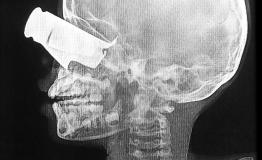
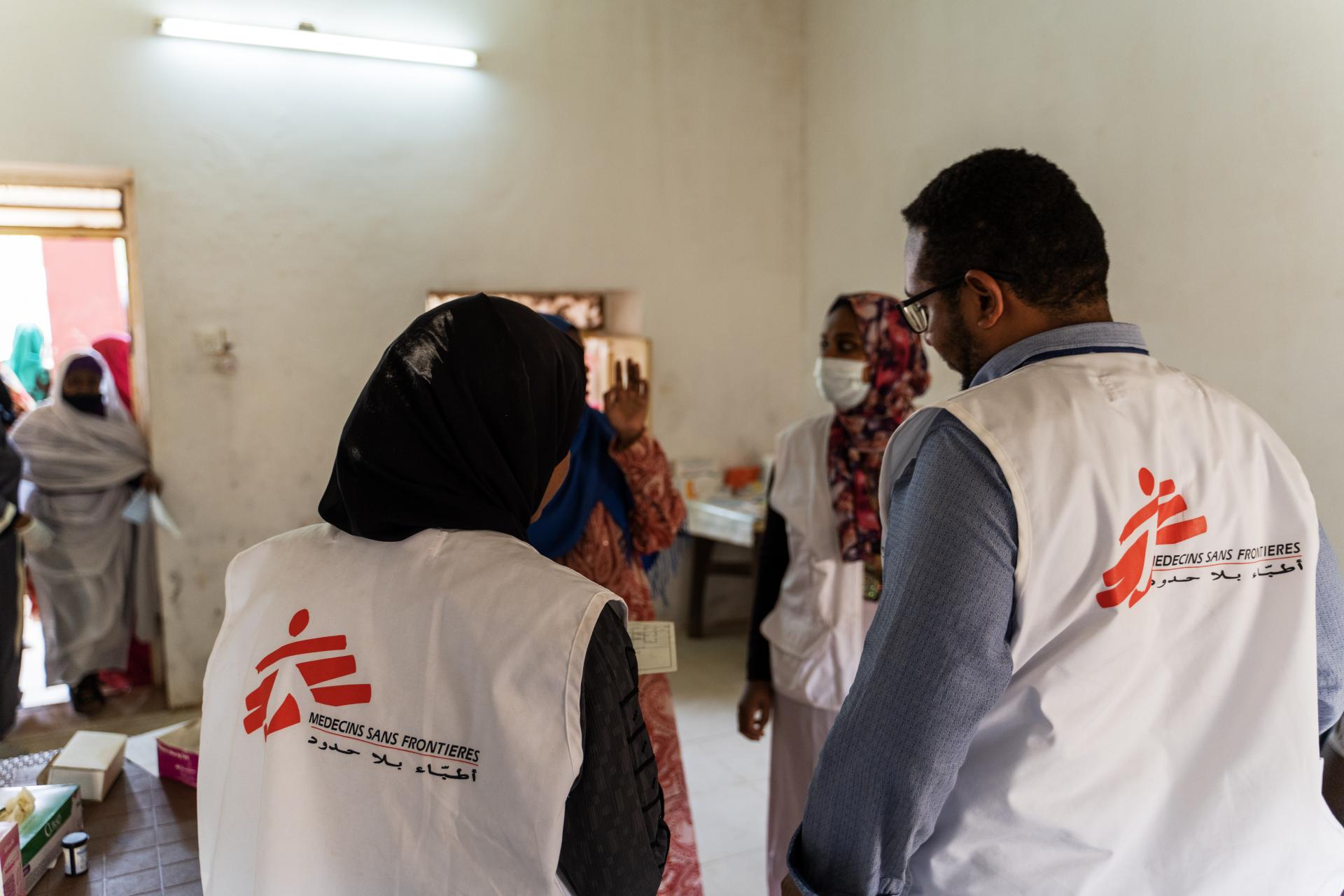
Sudan
The war in Sudan has had disastrous consequences for people’s health and wellbeing. Throughout 2024, Médecins Sans Frontières (MSF) delivered medical and humanitarian assistance across many of the country’s conflict-ravaged states.
The fighting between the Sudanese Armed Forces (SAF) and Rapid Support Forces (RSF) has caused the world’s largest displacement crisis, in which millions of people have been driven from their homes. Many have been subjected to ethnically motivated and sexual violence, and are facing malnutrition, as well as the loss of their homes and livelihoods. People’s suffering was compounded in the country’s eastern and central states by outbreaks of cholera, and spikes in malaria and dengue, fever during the year.
Our activities in 2024
Data and information for the 2024 International Activity Report

1,061,200
1,061,2
205,800
205,8
191,300
191,3
113,600
113,6

39,700
39,7
21,500
21,5
20,400
20,4
11,300
11,3

10,700
10,7
MSF in Sudan 2024
Map of the areas MSF worked in 2024


War and conflict
Article
19 Feb 2026
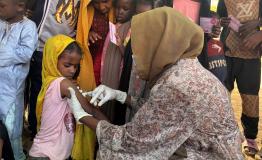
Access to Healthcare
Measles vaccination campaign in El Geneina: The first since 2021
Article
7 Feb 2026
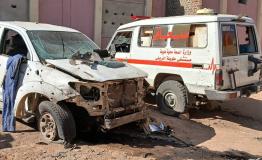
War and conflict
Sudan: MSF visit to El Fasher finds a largely destroyed and emptied city
Article
28 Jan 2026
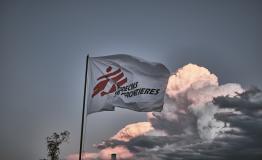
Conflict in Sudan
Access Restrictions are Preventing Lifesaving Medical Care in Jonglei State
Article
16 Jan 2026
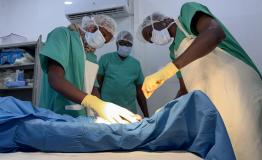
War and conflict
In the Midst of War: How Sudanese Colleagues Continue to Save Lives
Article
13 Jan 2026
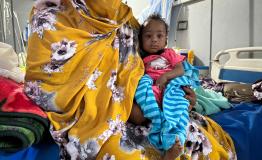
Access to Healthcare
Sudan: Measles Cases Surge in Darfur Despite Months of Warnings and Calls for Vaccination
Article
20 Dec 2025